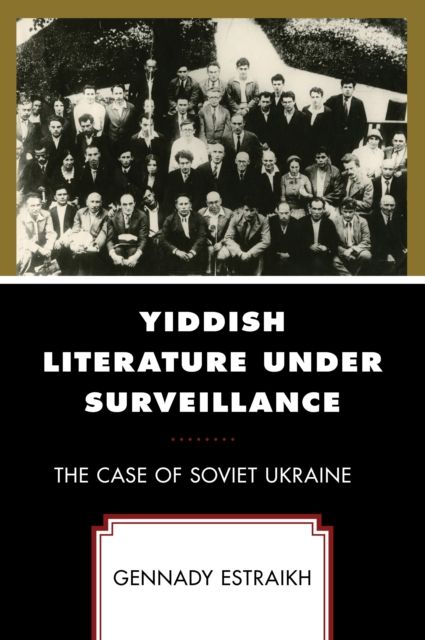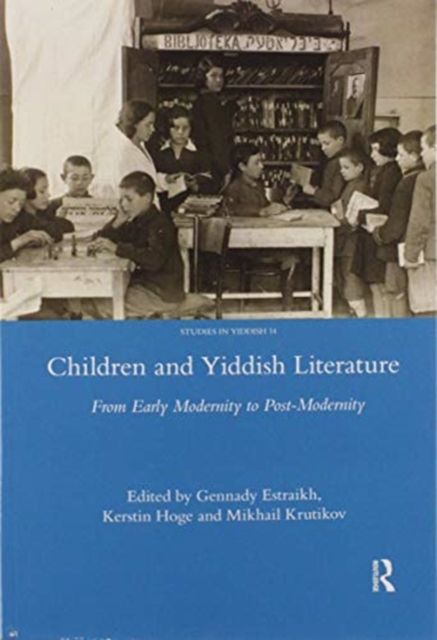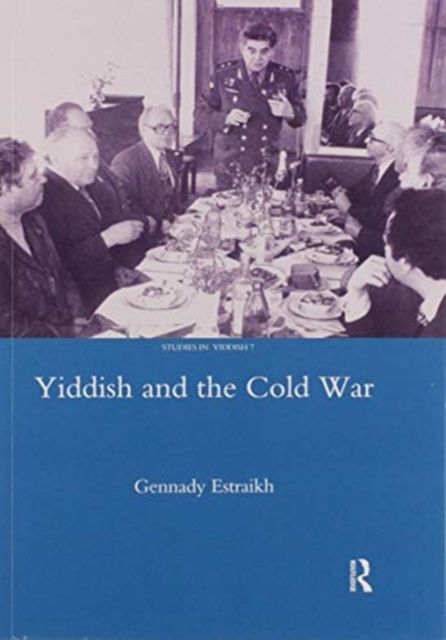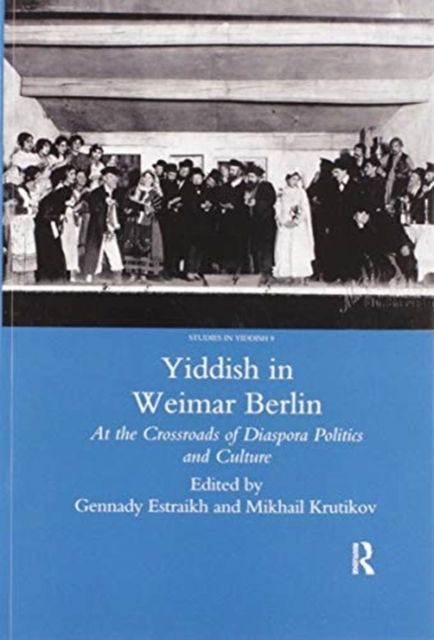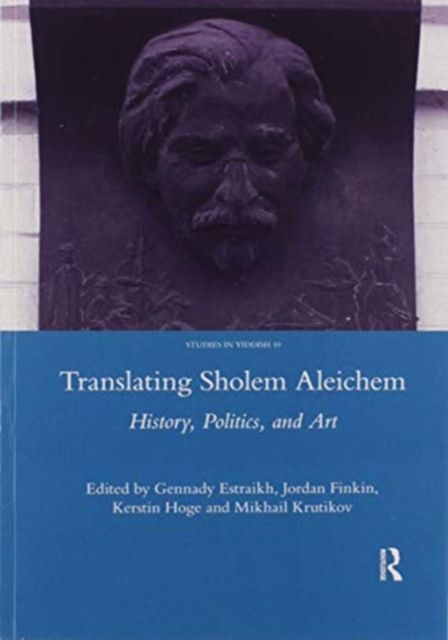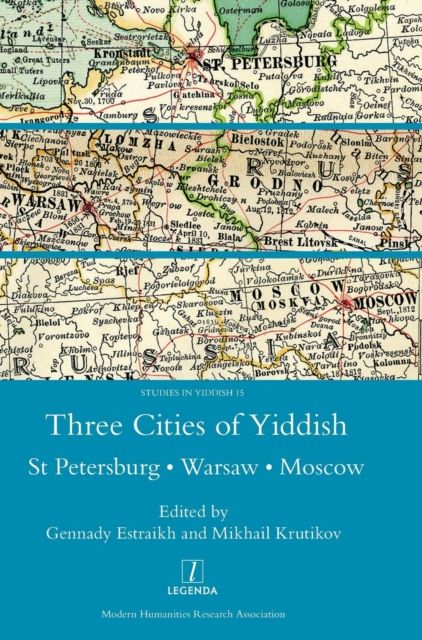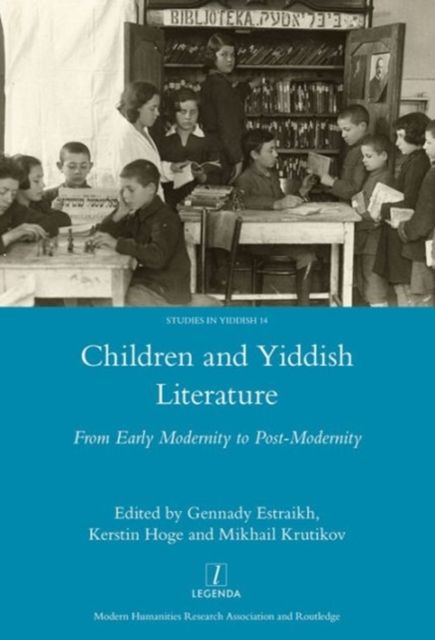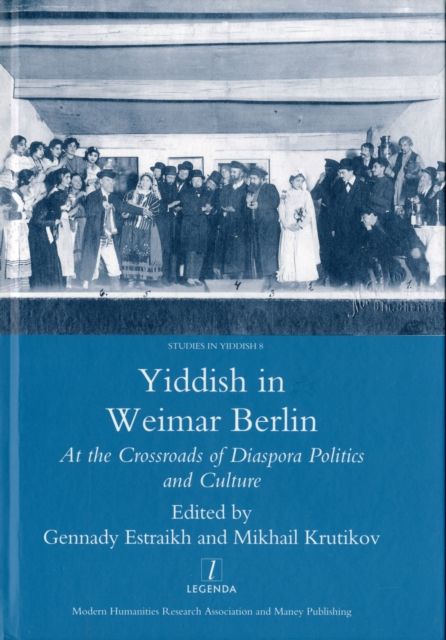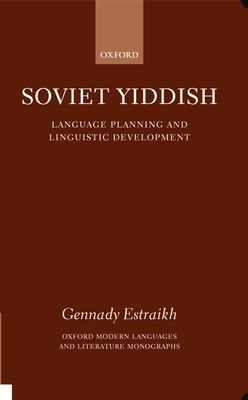
Soviet Yiddish : Language-Planning and Linguistic Development
Oxford Modern Languages and Literature Monographs
|
Innbundet
Leveringstid: 2-4 uker
Handlinger
Beskrivelse
Omtale
This is the first comprehensive study of Yiddish in the former Soviet Union. A chronicle of orthographic and other reformsfrom the state of the language in pre-Revolutionary Russia, through active language-planning in the 1920s and 1930s, repression, and subsequent developments up to the 1980sis recreated from contemporary publications and archival materials. Later chapters draw on the author's own experience as a Yiddish writer and lexicographer in Moscow. At a time when the Bolshevik party's Jewish sections held an influential position, Yiddish attained a functional diversity without precedent in its history; but underlying contradictions between ideas expressed in the slogans `Proletarians of all countries, unite!' and `The right of nations to self-determination' led to extremes in language-planning. A golden mean was achieved after the 1934 Yiddish language conference in Kiev. Using contemporary literary works as a source of linguistic and sociolinguistic information, Gennady Estraikh charts the development of the resultant variety of the language, `Soviet Yiddish'; the effects of severe repression in the late 1930s and 1940s; and the subsequent decline in usage. Comparisons are drawn between Soviet Yiddish language-planning and concurrent reforms in Russian, Ukrainian, Belorussian, and German; and the features and types of Soviet Yiddish word-formation are analysed, notably univerbation, or compressing a phrase into one word.
Detaljer
-
Utgivelsesdato:
04.02.1999
-
ISBN:
9780198184799
-
Språk:
, Engelsk
-
Forlag:
Oxford University Press -
Fagtema:
Språk og lingvistikk
-
Serie:
Oxford Modern Languages and Literature Monographs
-
Litteraturtype:
-
Sider:
227
-
Høyde:
22.5 cm
-
Bredde:
14.6 cm
